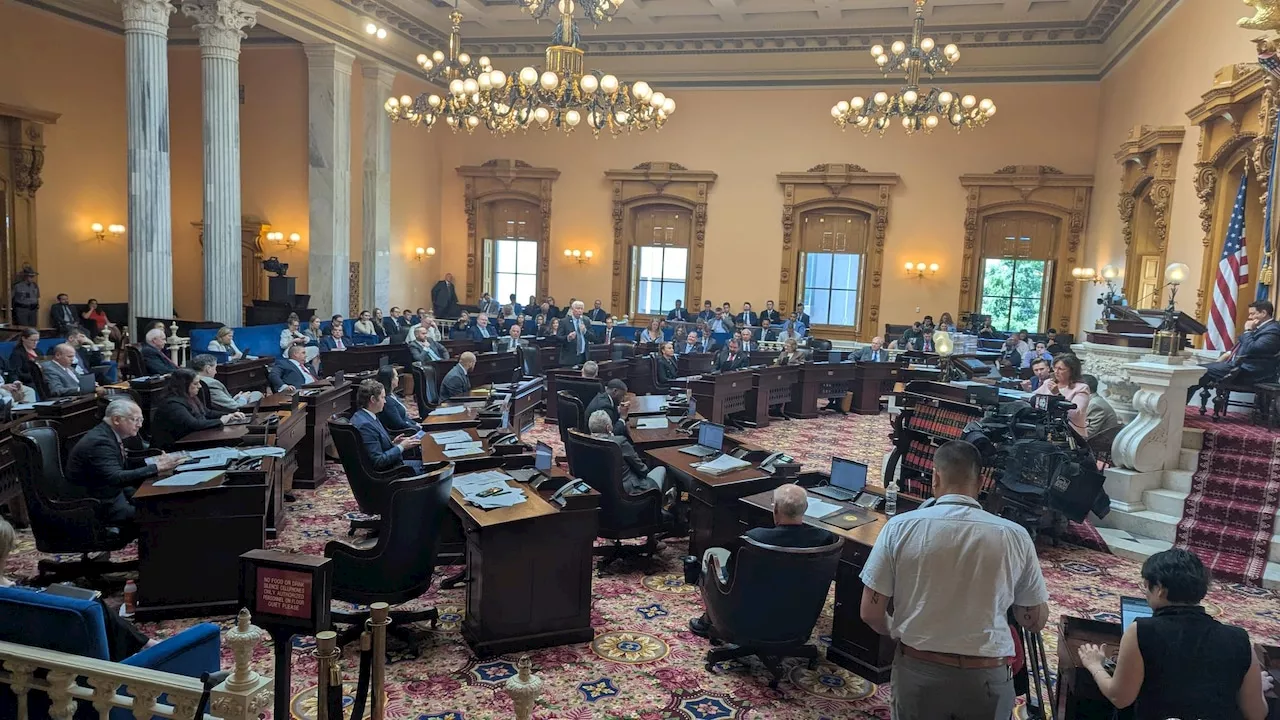Business
Sydney Enforces All-Electric Building Mandate, Bans Gas Use

Sydney, Australia, has announced a significant policy shift that will require all new households and many commercial buildings to operate fully on electricity starting in 2027. This mandate, championed by Clover Moore, the Lord Mayor of Sydney, effectively bans the use of gas in these new constructions. The decision is part of a broader strategy aimed at enhancing public health, reducing living costs, and promoting environmental sustainability.
The council governing Australia’s largest city had previously restricted the use of indoor gas appliances, such as stoves and heaters, in newly built homes. The latest mandate, however, extends this policy by prohibiting any gas usage in new buildings. Moore stated, “Relying on gas is bad for the planet, bad for our finances and bad for our health,” emphasizing the potential benefits of an all-electric future for Sydney residents.
Despite the well-intentioned goals of the policy, it has sparked considerable debate. Critics argue that the shift could lead to increased electricity costs for households, a higher risk of blackouts during peak demand periods, and challenges for the construction sector. The Urban Taskforce, an industry body, has raised concerns about the impact of these changes on project feasibility, housing affordability, and supply chain dynamics.
The Urban Taskforce specifically questioned the assumption that electrification would automatically result in lower carbon emissions. They have called for energy choices to remain in the hands of consumers, suggesting that the new regulations could inadvertently complicate or delay construction projects, thereby affecting the housing market negatively.
The Australian government has faced scrutiny for its dual approach to energy policy. While it promotes the electrification of new buildings domestically, the country continues to export substantial quantities of natural gas, raising questions about the overall consistency of its environmental policies. Critics point out the irony of banning gas usage locally while benefiting from its export, which ultimately contributes to greenhouse gas emissions abroad.
As Sydney prepares for this transition, city officials will need to navigate the complexities of implementation. The focus will be on ensuring a reliable electricity supply and addressing concerns from various stakeholders within the building and energy industries.
The mandate is part of a growing trend among global cities to adopt stricter environmental regulations. Similar measures have been enacted in places like New York City, which moved to limit gas usage in construction in 2023. Proponents argue that such steps are essential in combating climate change and fostering healthier living environments. However, as Sydney embarks on this ambitious path, the city will have to balance the benefits of electrification with the potential economic repercussions for its residents and businesses.
-

 Sports2 weeks ago
Sports2 weeks agoSteve Kerr Supports Jonathan Kuminga After Ejection in Preseason Game
-

 Politics2 weeks ago
Politics2 weeks agoDallin H. Oaks Assumes Leadership of Latter-day Saints Church
-

 Business2 weeks ago
Business2 weeks agoTyler Technologies Set to Reveal Q3 2025 Earnings on October 22
-

 Science2 weeks ago
Science2 weeks agoChicago’s Viral ‘Rat Hole’ Likely Created by Squirrel, Study Reveals
-

 Lifestyle2 weeks ago
Lifestyle2 weeks agoKelsea Ballerini Launches ‘Burn the Baggage’ Candle with Ranger Station
-

 Lifestyle2 weeks ago
Lifestyle2 weeks agoDua Lipa Celebrates Passing GCSE Spanish During World Tour
-

 Entertainment2 weeks ago
Entertainment2 weeks agoZoe Saldana Advocates for James Cameron’s Avatar Documentary
-

 Business2 weeks ago
Business2 weeks agoMLB Qualifying Offer Jumps to $22.02 Million for 2024
-

 Sports2 weeks ago
Sports2 weeks agoPatriots Dominate Picks as Raiders Fall in Season Opener
-

 Health2 weeks ago
Health2 weeks agoRichard Feldman Urges Ban on Menthol in Cigarettes and Vapes
-

 Health2 weeks ago
Health2 weeks agoCommunity Unites for Seventh Annual Mental Health Awareness Walk
-

 World2 weeks ago
World2 weeks agoD’Angelo, Iconic R&B Singer, Dies at 51 After Cancer Battle








